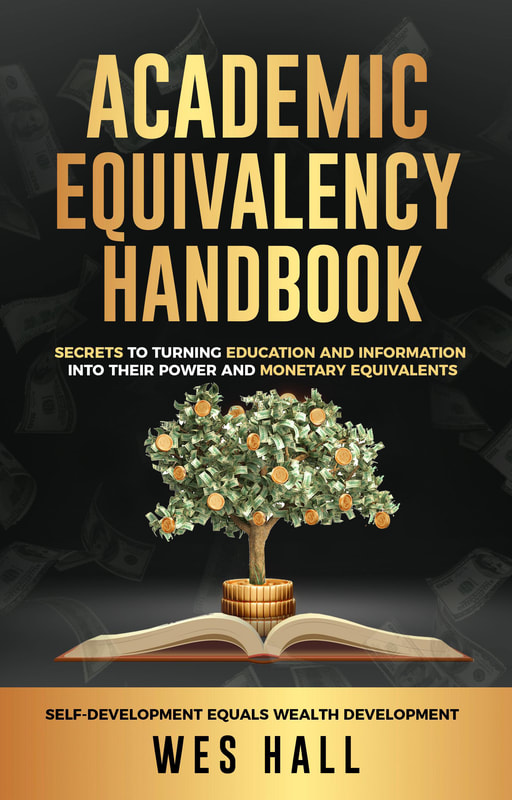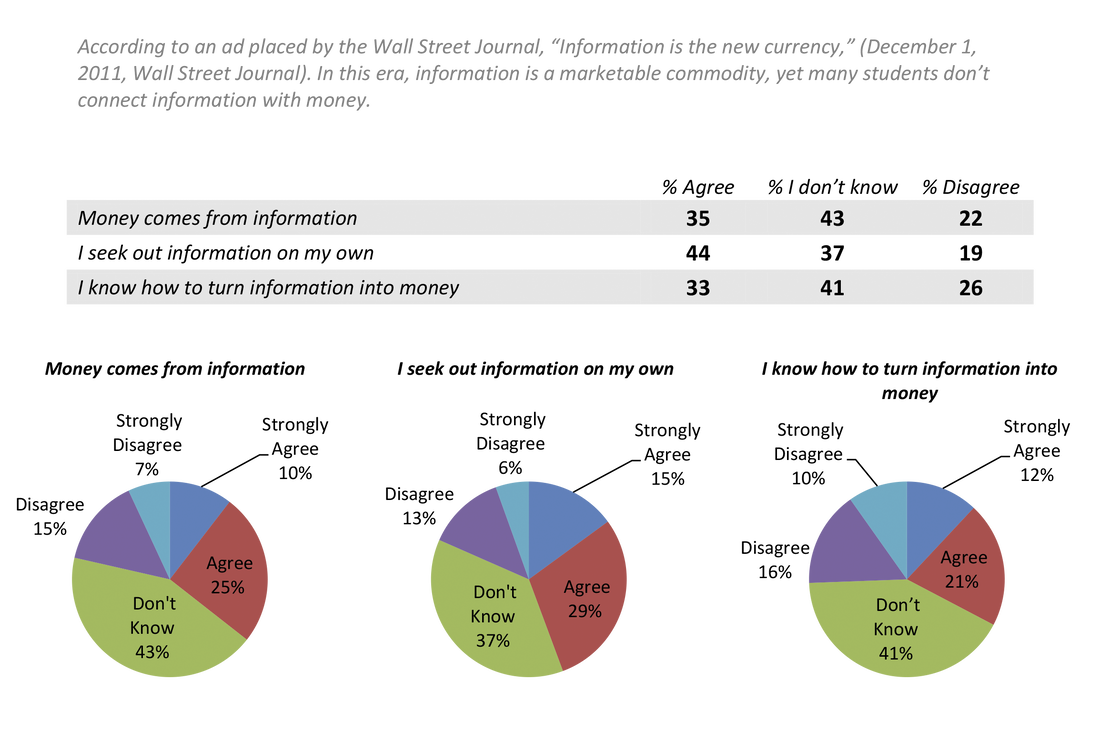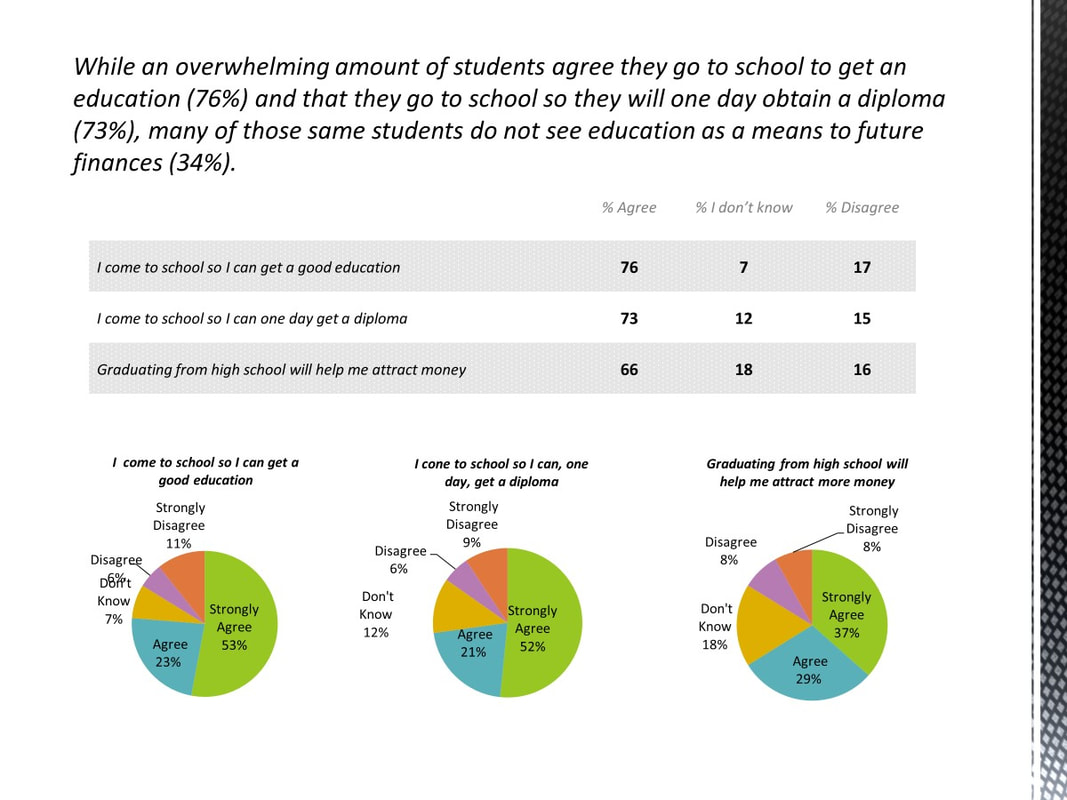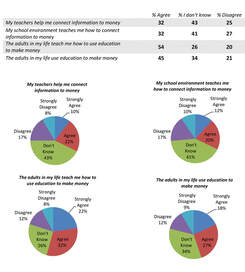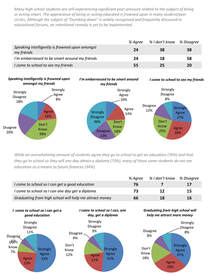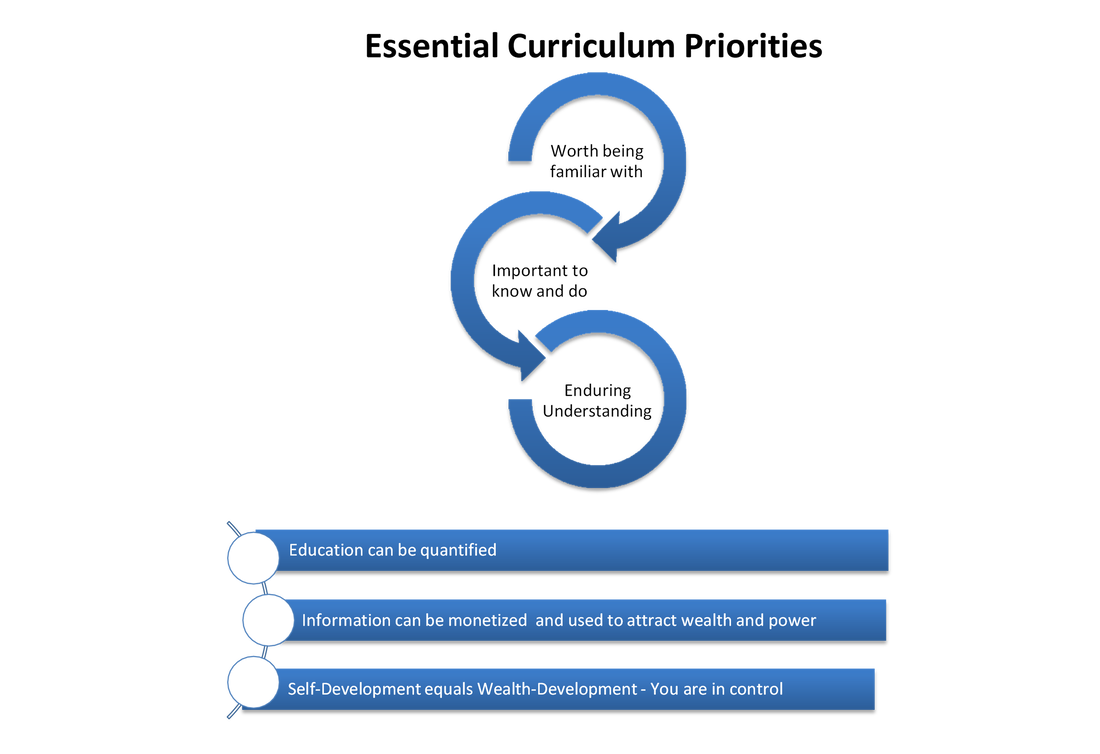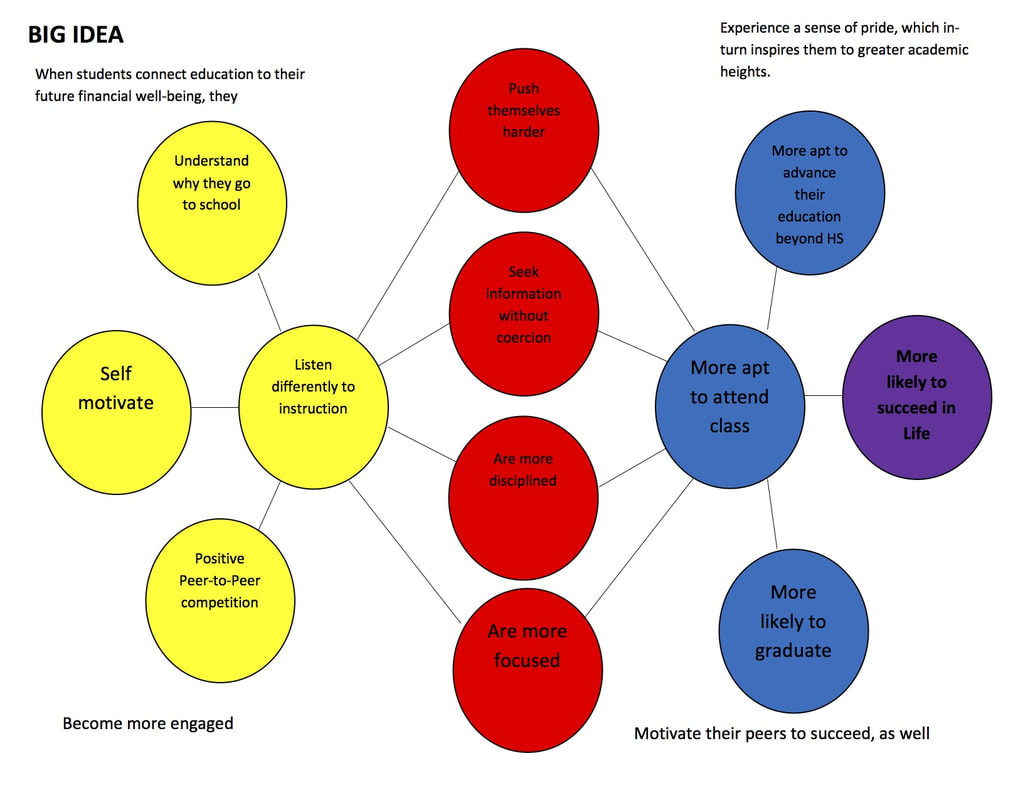A Trans-Theoretical Model For Academic Transformation
From the Classroom--For The Classroom
While many educational frameworks are crafted by esteemed scholars and experts, there's often a gap between theory and practical application, particularly when those designing the frameworks are distanced from the day-to-day realities of the classroom. Our trans-theoretical model for academic transformation is uniquely rooted in 16 years of firsthand classroom experience. In other words, we are still in the classroom. We wear the hats of both practitioners and researchers, allowing us to bridge this gap effectively. Working directly with students in classrooms within the Los Angeles Unified School District and the Ararat Charter Academies, we observe and engage with the very environments we aim to impact. This direct interaction enables us to continually refine our model, testing hypotheses and integrating innovative strategies based on real-time experiences. Through our curriculum within a curriculum approach, we provide practical solutions to help disproportionately affected students understand the importance of education in shaping their future financial and overall well-being. Our aim is to empower educators, parents, and administrators with insights and best practices gleaned from our ongoing classroom engagement, driving meaningful change in academic outcomes.
Proof of Concept
In 2007, we initiated a pilot program known as "The Greatness Academy," in collaboration with the Omaha Public School District. This groundbreaking endeavor involved working with a cohort of 30 medium to high-risk high school students, aiming to test and validate our theoretical framework. The outcomes were both immediate and compelling: students who had previously identified as potential dropouts demonstrated a remarkable turnaround, re-engaging with their education, actively attending classes, recuperating lost credits, and ultimately graduating (video documentation enclosed). Encouraged by these initial successes, the district expanded our program to encompass additional classrooms, from-which we consistently replicated these positive outcomes. As our reputation grew, we evolved into a leading authority on re-engaging disengaged students, sought out by educators, parents, administrators, and stakeholders across the district to share our proven methodologies and best practices.
Theory of Change Model
After three years of hands-on involvement with students and close collaboration with certified teachers, Institute representatives identified recurring behavioral patterns that aligned with our early assumptions. While these conclusions pointed to a consistent lack of academic intentionality and understanding of education's significance among students, we sought empirical data to substantiate our findings. To this end, we developed a survey, carefully crafted, based on our direct interactions with students over a three-year period. This survey, administered during students' homeroom sessions and overseen by their classroom teachers, garnered responses from 1,214 out of 2,000 students surveyed. The findings were strikingly consistent, confirming that students enrolled in the free/reduced lunch program (sample size and status reflecting socio-economics aligned with our study), faced considerable challenges in connecting a quality education to their future financial and overall well-being.
Our representatives had consistently reported a lack of comprehension among students regarding the importance and impact of education on their future financial and life-long prospects. This lack of connection was identified as a significant factor contributing to challenges such as disruptive behavior, tardiness, and poor attendance in the classroom.
In response to these findings, the Institute's dedicated team set to work developing a specialized curriculum designed to bridge this gap. Drawing on our extensive experience with the study group, the curriculum seamlessly integrated strategies, key references, behavior modification techniques, real-life illustrations linking education and finances, and strategically placed rewards. Collectively, these elements communicated a compelling message of reward, empowerment, control, personal achievement, and the promise of future financial independence—a message uniquely tailored to resonate with children hailing from economically disadvantaged communities.
Our representatives had consistently reported a lack of comprehension among students regarding the importance and impact of education on their future financial and life-long prospects. This lack of connection was identified as a significant factor contributing to challenges such as disruptive behavior, tardiness, and poor attendance in the classroom.
In response to these findings, the Institute's dedicated team set to work developing a specialized curriculum designed to bridge this gap. Drawing on our extensive experience with the study group, the curriculum seamlessly integrated strategies, key references, behavior modification techniques, real-life illustrations linking education and finances, and strategically placed rewards. Collectively, these elements communicated a compelling message of reward, empowerment, control, personal achievement, and the promise of future financial independence—a message uniquely tailored to resonate with children hailing from economically disadvantaged communities.
The "Academic Equivalency Handbook"
Introducing the Framework
The genesis of our textbook emerges from an extensive period of dedicated student observation, interactive engagement, and a meticulous analysis of direct responses derived from carefully constructed survey instruments. Comprising 17 comprehensive chapters, this textbook represents a thoughtfully designed pedagogical resource meticulously crafted to fortify critical thinking and problem-solving proficiencies. These competencies are, in turn, regarded as the linchpin for forging a robust connection between the attainment of a quality education and the realization of upward mobility and future financial well-being.
In its totality, the textbook stands as a potent instrument, strategically conceived to cater to students whose perspectives on education may range from neutral to negative. Its overarching objective is to facilitate a profound paradigm shift within these students—a transformation rooted in the reevaluation of the educational process and the discernment of its intrinsic worth.
The narrative of our research endeavors and ensuing outcomes convincingly demonstrates that when students who previously exhibited suboptimal academic performance or disengagement were introduced to remedial information, it yielded transformative results. This corrective information, carefully presented within the textbook, unambiguously illustrates the direct and tangible nexus between education and financial prosperity. The consequence of this intervention was a remarkable resurgence in student engagement, credit recovery, consistent class attendance, and ultimately, successful graduation—a testament to the tangible impact of well-structured educational interventions.
In its totality, the textbook stands as a potent instrument, strategically conceived to cater to students whose perspectives on education may range from neutral to negative. Its overarching objective is to facilitate a profound paradigm shift within these students—a transformation rooted in the reevaluation of the educational process and the discernment of its intrinsic worth.
The narrative of our research endeavors and ensuing outcomes convincingly demonstrates that when students who previously exhibited suboptimal academic performance or disengagement were introduced to remedial information, it yielded transformative results. This corrective information, carefully presented within the textbook, unambiguously illustrates the direct and tangible nexus between education and financial prosperity. The consequence of this intervention was a remarkable resurgence in student engagement, credit recovery, consistent class attendance, and ultimately, successful graduation—a testament to the tangible impact of well-structured educational interventions.
|
Download the complete synopsis here:
|
| ||||||
Our Testimonials Speak for Themselves
Our impactful work with medium to high-risk students in the classroom has yielded remarkable outcomes, with self-proclaimed potential dropouts re-engaging in their academic journey, reclaiming lost credits, and ultimately graduating. Witnessing these transformations, teachers have eagerly sought our expertise, prompting requests for professional development workshops to learn about the strategies behind our success. Our efforts have garnered attention beyond the classroom, with support from philanthropist Susie Buffett, whose generous contribution of $100,000 has furthered our program's reach. Media coverage, including a feature on Channel 3, has amplified awareness of our work, underscoring its significance. Currently, we extend our services to the Los Angeles Unified School District through their BSAP initiative, while our annual "Young Women's Leadership Conference" in Las Vegas serves as a beacon of academic excellence for disproportionately affected youth in the Clark County School District.
Leveling The Playing Field
In today's classrooms, the growing disconnection between education and its relevance, particularly among disproportionately affected students, is evident. During our 16 years working in classrooms with certified teachers in districts throughout the country, we've witnessed this gap widen, with many students drawn more to the allure of social media, content creation, and the promise of wealth through avenues like cryptocurrency or becoming a TikTok influencer. To effectively engage students in this digital age and level the academic playing field, we must reshape education and information as competitive assets that can compete for financial success and societal influence. Our "Academic Equivalency Handbook" is precisely designed to address this challenge, providing educators with innovative tools to inspire and empower students from challenging environments to see education as a pathway to success in our rapidly evolving global society.
Beyond Student Empowerment. A Tool for Teachers, As Well.
Similar to how the implementation of Common Core revolutionized education by shifting focus from rote learning to critical thinking, the Academic Equivalency Handbook offers a transformative framework to reshape the academic landscape. This handbook empowers both students and teachers to recognize the inherent value of information and education as tangible currencies in today's world. With accompanying resources such as study guides, quizzes, and tests, the handbook serves as a comprehensive tool to guide curriculum development. Teachers can leverage this framework to design lesson plans that encourage students to delve deeper into the practical applications of knowledge, fostering a deeper understanding of its relevance to their future financial and overall well-being. Through our Professional Development workshops, educators can access valuable insights and best practices honed from years of classroom experience, enabling them to effectively implement this innovative approach and engage or re-engage disengaged students with confidence.
What Happens When Students Make The Critical Connection Between Information, Education, and Their Future Financial And Overall Well-Being?
Message Us Below and We Will Follow Up With You For A Free 30-Minute Consultation
Order Your Copy of the "Academic Equivalency Handbook" Here
None of the information referenced on this page can be reused in any capacity without the written permission of Mr. Wesley F. Hall
(C) Wesley F. Hall
(C) Wesley F. Hall
